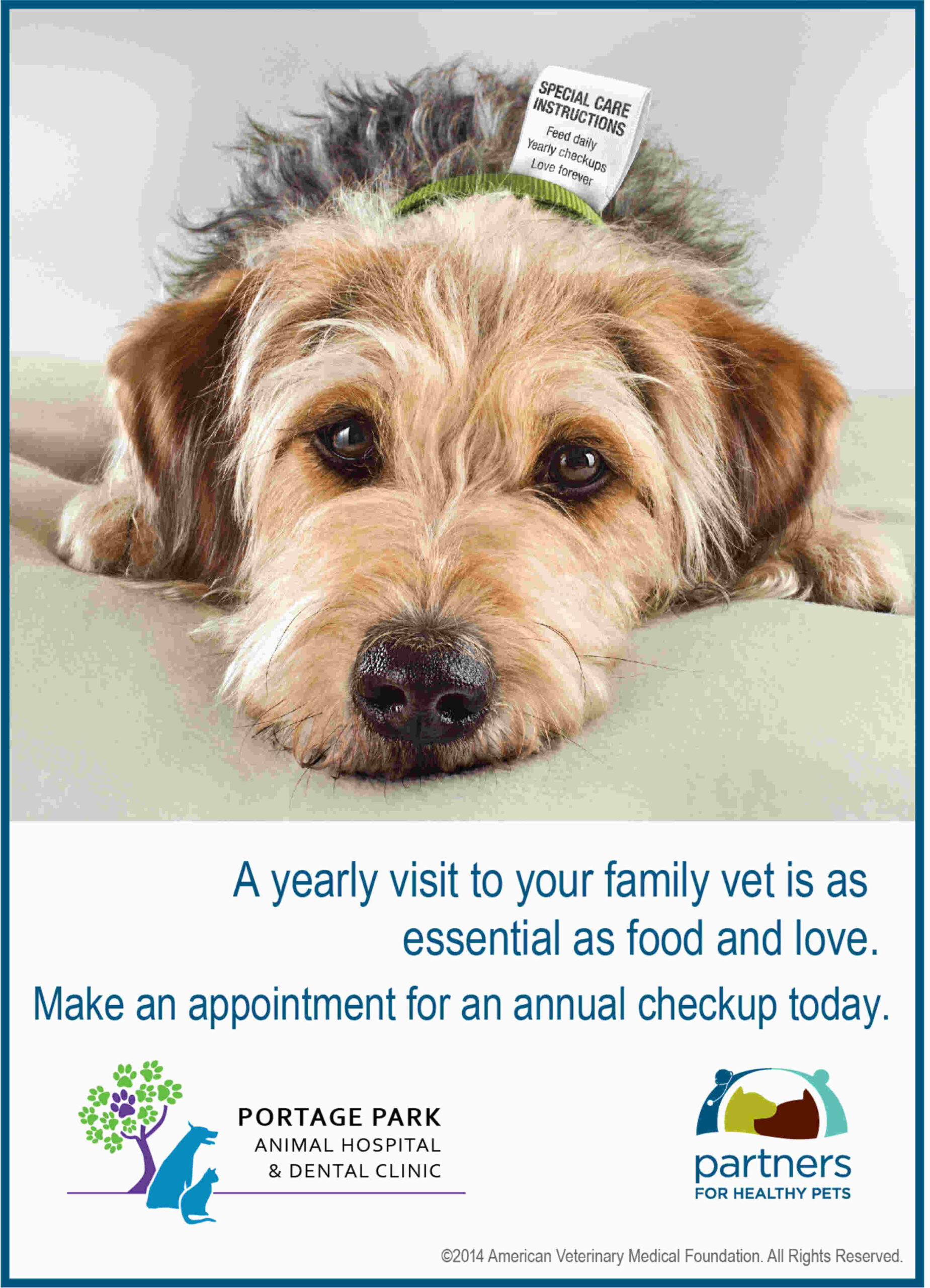Fall is rapidly approaching and that means pleasant comfortable days and cool crisp nights. The leaves start changing color and falling, the holidays approach, school starts, and life becomes a little busier. However, even with your busy lives don’t forget to care for that family member who asks for little in return of their unconditional love. Here are a few ways to keep on top of your pet’s health.
Ticks
Ticks: those nasty little creatures that discreetly suck your blood and can even give you serious diseases. Ticks are unfortunately pretty resilient; some can even live through the first frost, which is why you should be on the look out for them throughout the fall.
- Eliminate those environments where ticks thrive: leaf and garden litter being the main ones in fall.
- Do frequent tick-checks on your animals.
- Use a monthly flea and tick preventative from your vet.
- Ask your vet about screenings for tick-borne infections.
Rodenticides
When the weather gets cooler rodents will come to your home for comfort. Be careful when setting out traps and poisons as many of them can cause serious harm or even death if ingested by your pet. Talk to your vet about safe anti-rodent measures to use around your home. And if you find your pet with a dead mouse or rat carcass make sure they drop it. Then keep a close eye on them, as those can also be harmful.
Beware of Mushrooms
The change in seasons may mean your yard is wetter than usual, perfect conditions for mushrooms. Though most mushrooms are safe a small percentage are not. Check out this helpful guide (http://www.vetstreet.com/our-pet-experts/5-common-mushrooms-that-can-poison-your-pet) to find out which mushrooms are poisonous to your pets.
Antifreeze Toxicity
Cold weather is really harsh on cars, which is why many people use fall to winterize their vehicles. Changing fluids like antifreeze is a common practice, however, the tiniest of spills can be toxic to your pet if they lick it up. Be very careful to clean up all spills immediately and keep your pets away from the area where you’re working. If your pet does consume antifreeze make sure to contact a vet immediately.
Diet
You may think your dog or cat can eat anything you put in front of it but that is definitely not the case. Chocolate, grapes, and raisins are all toxic to dogs. Foods high in fat can also cause them stomach issues and should be avoided. That being said, make sure your pet is getting enough food—as cold temperatures approach they’ll need a bit more food to generate body warmth. Talk to your vet Chicago to find out the best diet for your pet.
Portage Park Animal Hospital
Portage Park Animal Hospital is proud to serve Chicagoans and their pets for all their veterinary needs for over 30 years. We know that for many people, their pet is just another member of the family, which is why we take their health and happiness very seriously. Keep your pet healthy by making us your vet Chicago. Schedule an appointment today!
Courtesy of: Pet Health Network


